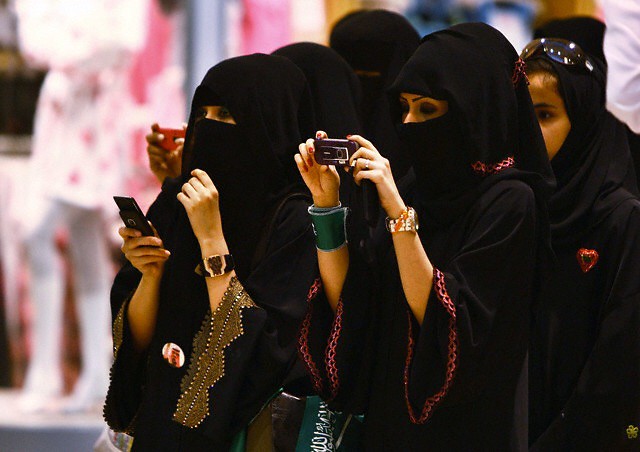
On July 30, 2019, the Kingdom of Saudi Arabia issued a royal decree containing revisions to certain laws related to women. The decree partially amends four governmental regulations under which women’s decisions and movements were held captive to men for decades.
The amendments, published in official newspaper Um Al Qura, include the travel documents law, civil status law, labor law, and social security system.
These amendments allow women, for the first time in the country’s history, to obtain a passport and leave the country without a guardian’s consent if they are 21 years of age. They also allow women to register births, certify marriage and divorce, obtain family documents, and be the guardian of their minor children. The ease or complexity of these procedures will become apparent when these amendments take effect.
ومن المفترض أن يزيد المرسوم الملكي من فرص العمل للنساء، اللواتي يمثلن النسبة الأكبر من البطالة في السعودية، حيث نصت القوانين المعدلة على أن كل المواطنين لهم حق العمل “دون أي تمييز على أساس الجنس أو الإعاقة أو السن”.
The European Saudi Human Rights Organization (ESOHR) believes that these amendments, which mostly fall under personal aspects, could alleviate part of the decades-long suffering of women. However, it must not be overlooked that the royal decree’s provisions require mechanisms to ensure its enforcement and effectiveness and to provide an effective tracking role for civil society and the media.
Furthermore, the royal decree is modification of a small part of a broad set of civil, political and economic rights, which activists, both male and female, have been unable to lobby for due to widespread repression in Saudi Arabia. Demands focused on issues related to guardianship that were granted a little bit of leeway, while demands for broader issues, such as true political participation, constitute certain danger for their advocates.
This partial change is a slow and belated response by the state to intensive efforts by many women’s rights advocates, who have been punished with restriction from travel, imprisonment, arrest, torture, and unfair trials. Many female academics, activists, and writers who led this movement have encountered and continue to suffer various acts and forms of repression. In May 2018, just a month before the lifting of the ban on women driving, the Saudi government launched a campaign of arrests against women who had been pioneers in defending women’s right to drive for decades.
While the ESOHR is monitoring the real-life effectiveness of these decisions for women, some female activists still await an unknown fate, pending sentences based on unfair trials and various kinds of torture. Likewise, many women continue to be arbitrarily prevented from traveling, along with other abuses that victims refuse to disclose for fear of retaliation.
According to ESOHR monitoring, at least 46 women are currently being held in political prisons, including human rights activists and advocates, most of whom are awaiting their trials in the serious absence of the necessary conditions for fair trials. Eight other women have been released on bail. The victims include writers, journalists, doctors, and academics arrested for their activism and advocacy for women’s rights, as well as women arrested for fleeing domestic violence. Others were arrested for political reasons or for their advocacy on behalf of family members. Some of them were charged with terrorism without a public trial allowing civil society to look into the validity of the government’s allegations and the integrity of its procedures. It is also noteworthy that the government lacks an acceptable definition of terrorism and has distanced itself from the UN strategy for combatting terrorism based on four pillars, most of which are not implemented in Saudi Arabia. Added to this is Saudi Arabia’s official and key role in promoting extremism and radicalization.
The ESOHR emphasizes that any selective actions that do not lead to the immediate release of all female human rights activists and advocates and political prisoners and do not hold torturers accountable in public trials cannot be described as reforms, especially since women detainees and victims of repression have been at the forefront of the changes that have taken place.
The ESOHR notes that the Saudi government’s behavior contains many contradictions and often presents a mixed picture juxtaposing many violations and a few partial rights that only come after a long and grueling process of repression.
The ESOHR commends all local and international efforts, and most importantly the struggle of women citizens inside and outside Saudi Arabia. It also comments the statement signed by 36 countries in March 2019, that came in response to the increase in Saudi abuses – especially the arrest of women activists – and information about their torture and sexual harassment.
